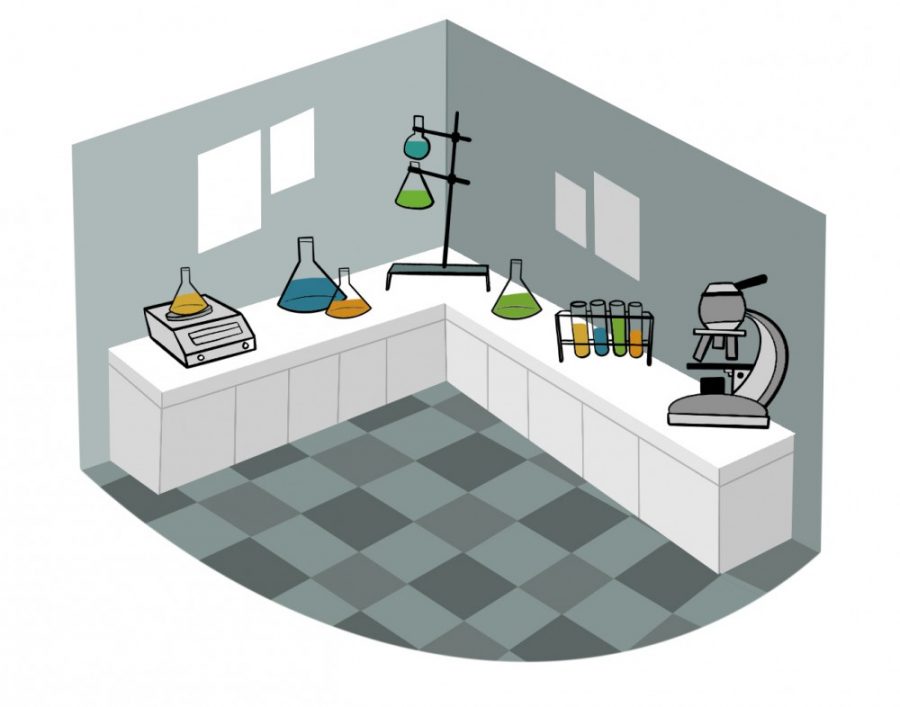The University of Minnesota is hoping for funding for multiple infrastructure projects in a statewide bill, including a new chemistry undergraduate lab which stakeholders say would bring the school up to par with peer institutions.
The University is asking for $65.6 million in the state’s bonding bill for a new chemistry teaching laboratory in Fraser Hall for undergraduate students. State lawmakers have failed to pass a bonding bill on multiple occasions this year, leaving projects like the chemistry lab in limbo.
David Blank, head of the University’s Chemistry Department, said a new lab would help the school provide more hands-on approaches to teaching chemistry. The University also predicts its enrollment in chemistry labs to increase more than 14% from 2018 to 2020.
“Chemistry is really foundational, it’s not just the chemistry majors … it’s foundational to so much of the content and all the disciplines around STEM,” Blank said. “So the service load there is enormous … that pressure is continuing to rise, and we need more space.”
The new lab would have space for more than 3,300 students and include 18 “active learning laboratories” meant for collaboration. Blank said the chemistry field has shifted to focus on more independent and experimental approaches, which is not always possible in the current spaces in Smith and Kolthoff Halls.
“The old traditional approach to teaching chemistry was essentially a cookbook,” Blank said. “While that might teach you some technique, what it clearly lacks is teaching you independent learning skills, communication skills and the ability to really think through the problems and understand what it is you’re doing.”
To comply with COVID-19 social distancing policies, many of the introduction-level chemistry classes will be taught remotely using take-home kits for students to mimic classroom experiments.
While Blank said this setup is not ideal for learning, it is the best the department can do with the current space. A new space like the proposed lab in Fraser would have allowed for more in-person instruction with social distancing, Blank said.
The House last proposed a bonding bill in late July, which included $3 million for the chemistry lab and $75 million total for the University. The bill failed without support from some House Republicans, who said they were not included in final discussions.
Rep. Fue Lee, DFL-Minneapolis, vice chair of the House Capital Investment Division, said the bill’s focus was more on general maintenance projects for all University campuses. But Lee said the COVID-19 pandemic has underscored the importance of investing in STEM at the University.
“I think the pandemic has encouraged us to look around at what can help us address the crisis,” Lee said.
Rep. Dean Urdahl, R-Grove City, minority lead of the House Capital Investment Division, said he thinks there are still avenues to pass a bonding bill sometime in August. But Urdahl did note that some state officials have shown resistance to passing a bonding bill so close to the September deadline.
“I think there are still options to do a bonding bill in August,” Urdahl said. “But [last time] the minorities did not get to go over the bill. We were basically told this is going to be the bill.”








